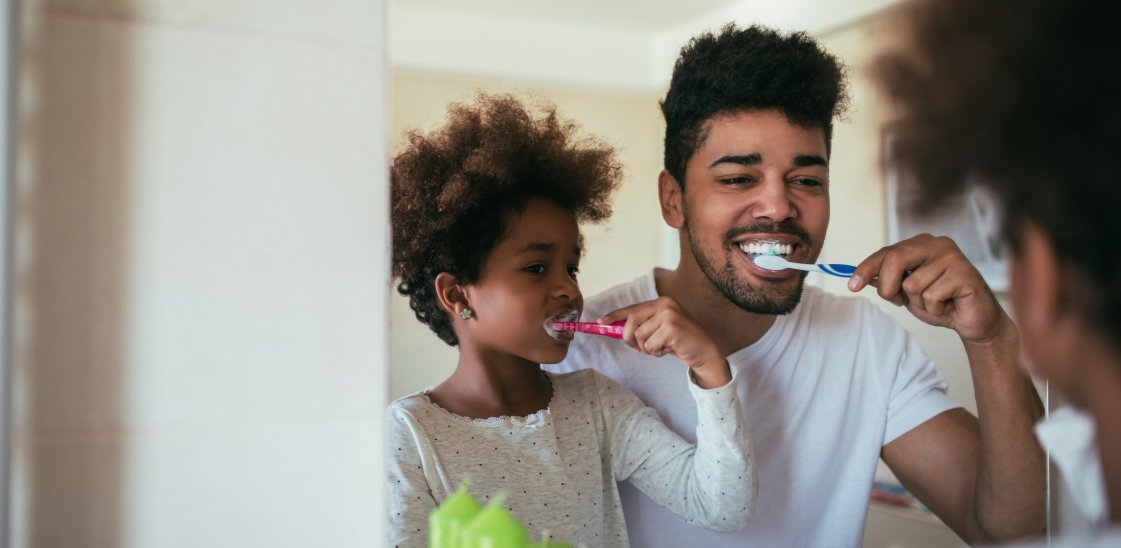
How often should you brush your teeth?
Brushing your teeth is such an important part of your daily hygiene routine. It’s likely that you were taught from a young age that you must brush your teeth to keep them clean, white and healthy. But what are the guidelines around brushing your teeth? You might be wondering how long you should brush them for and when the best time to brush is. This guide should tell you everything you need to know about how often to clean your teeth, so read on to find out more.
How many times a day should you brush your teeth?
You should brush your teeth at least twice a day and up to three times a day. Doing this will help to prevent plaque from building up and remove food from between your teeth and gums. Flossing is particularly good at getting into any hard to reach areas, so you should use regular floss or a floss pick before you start brushing. If you brush more than three times a day, you may be doing more harm than good, as it can begin to wear away the enamel that protects your teeth. This can also be the case if you brush too hard.[1,2]
When should you brush your teeth?
You should brush your teeth once in the evening before you go to bed for at least two minutes and on one other occasion throughout the day.[1] For this other occasion, many people choose the morning as it seems most hygienic to leave the house with a freshly cleaned mouth. However, is it best to do this before or after food?
Should you brush your teeth before or after breakfast?
In some ways, it makes more sense to brush your teeth after breakfast as a way to remove any excess food before starting the day ahead. However, science shows that brushing your teeth before you do anything else is more beneficial. Do you ever wake up with ‘morning breath’ or with a funny taste in your mouth? This is usually caused by bacteria that multiply in your mouth overnight and can cause plaque. Cleaning your mouth first thing in the morning helps to remove this bacteria.
Further research has also shown that brushing your teeth straight after eating can weaken your enamel, particularly if you consume acidic foods and drinks for breakfast, such as fruit and orange juice. When you eat these foods, the remnants remain in your mouth. However, brushing can spread the acidic food further around your mouth and teeth, weakening your enamel. It’s also known that acidic foods can weaken your enamel and, if you brush your teeth straight after eating them, you can damage the enamel during its softened state. This is why it’s recommended that you wait at least 30 to 60 minutes after eating before brushing your teeth or do the task before you eat. This also goes for food in the evening. If you tend to eat dinner quite late, you should wait at least 30 minutes before cleaning your teeth and going to bed. In the meantime, you can chew sugar-free gum to clean your mouth.[1]
How long should you brush your teeth for?
You must make sure that you’re cleaning your teeth for a good amount of time, otherwise you won’t be gaining the benefits that brushing can offer. It’s recommended that you brush your teeth for two minutes each time. This is a total of four minutes per day. During this time, you should pay careful attention to your gums and tongue as well as your teeth. Avoid brushing in a simple forwards and backwards motion and ensure you’re cleaning in all directions to reach every nook and cranny. Forgotten areas tend to include behind your front and back teeth, the inside surfaces and right up by your wisdom teeth (if you have them).
You shouldn’t rinse with cold water after you’ve cleaned your mouth, as this will wash away all the toothpaste that could offer extra protection throughout the day.[1]
Resources:
[1] https://www.nhs.uk/live-well/healthy-teeth-and-gums/how-to-keep-your-teeth-clean/




